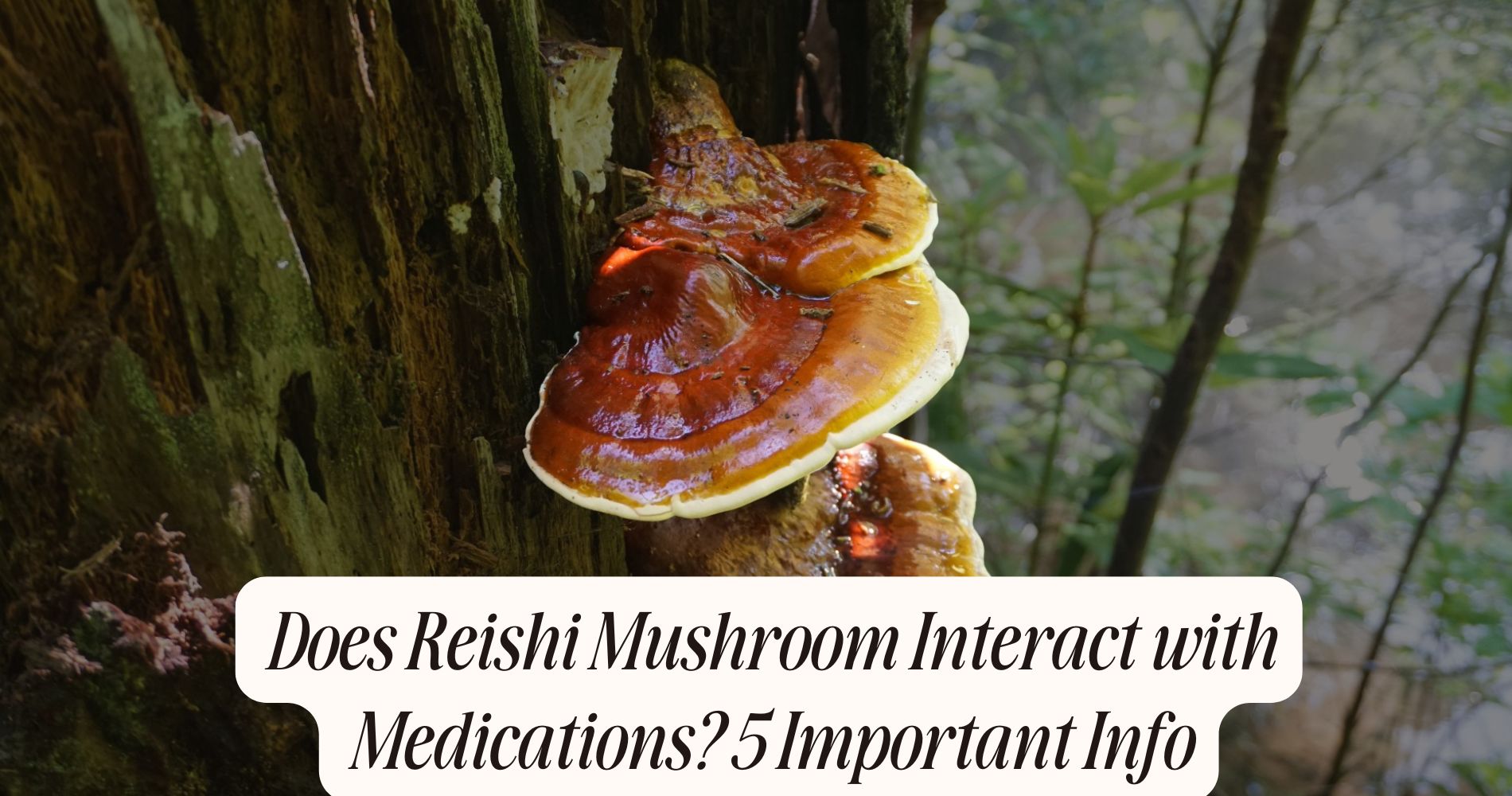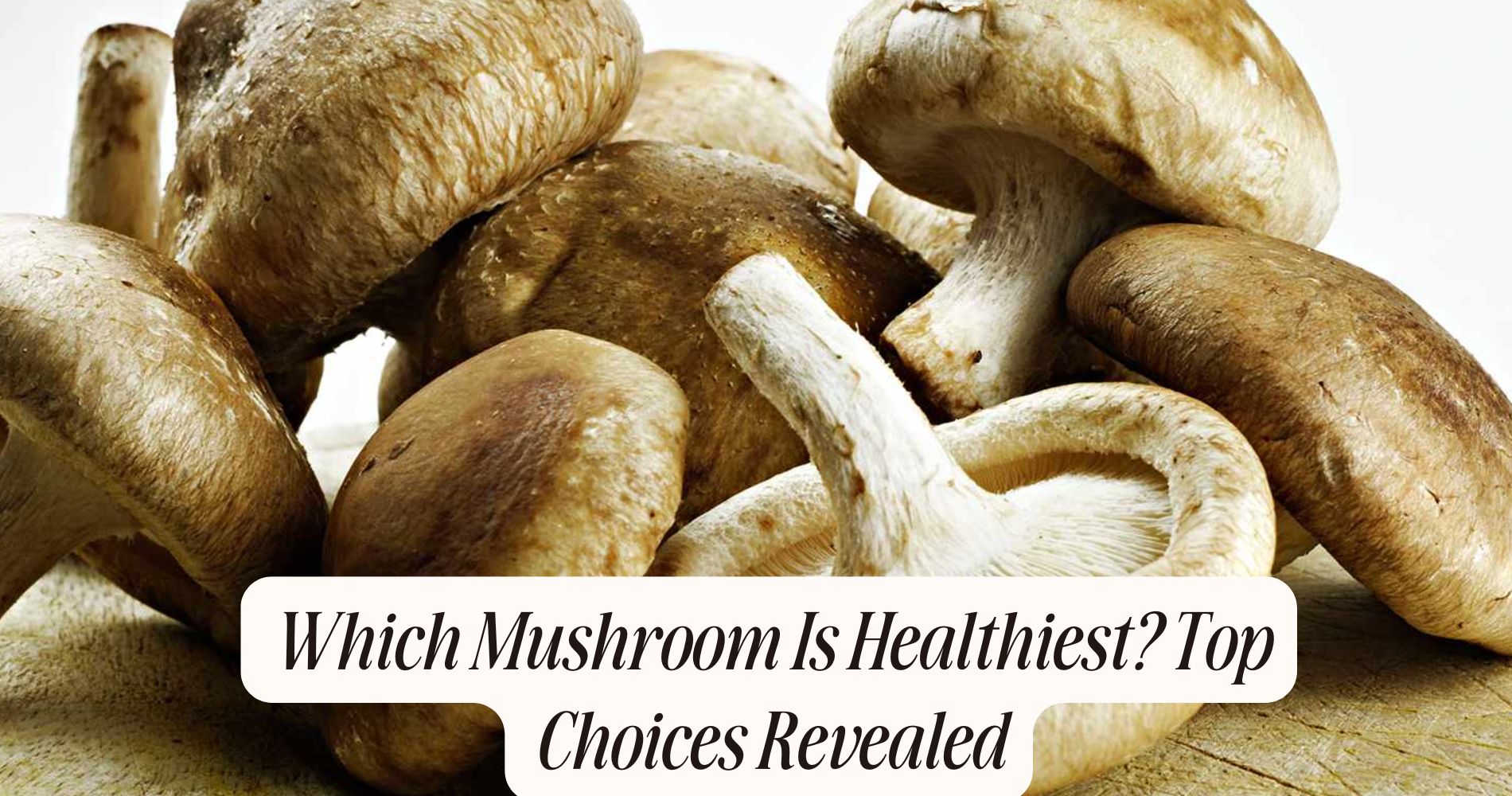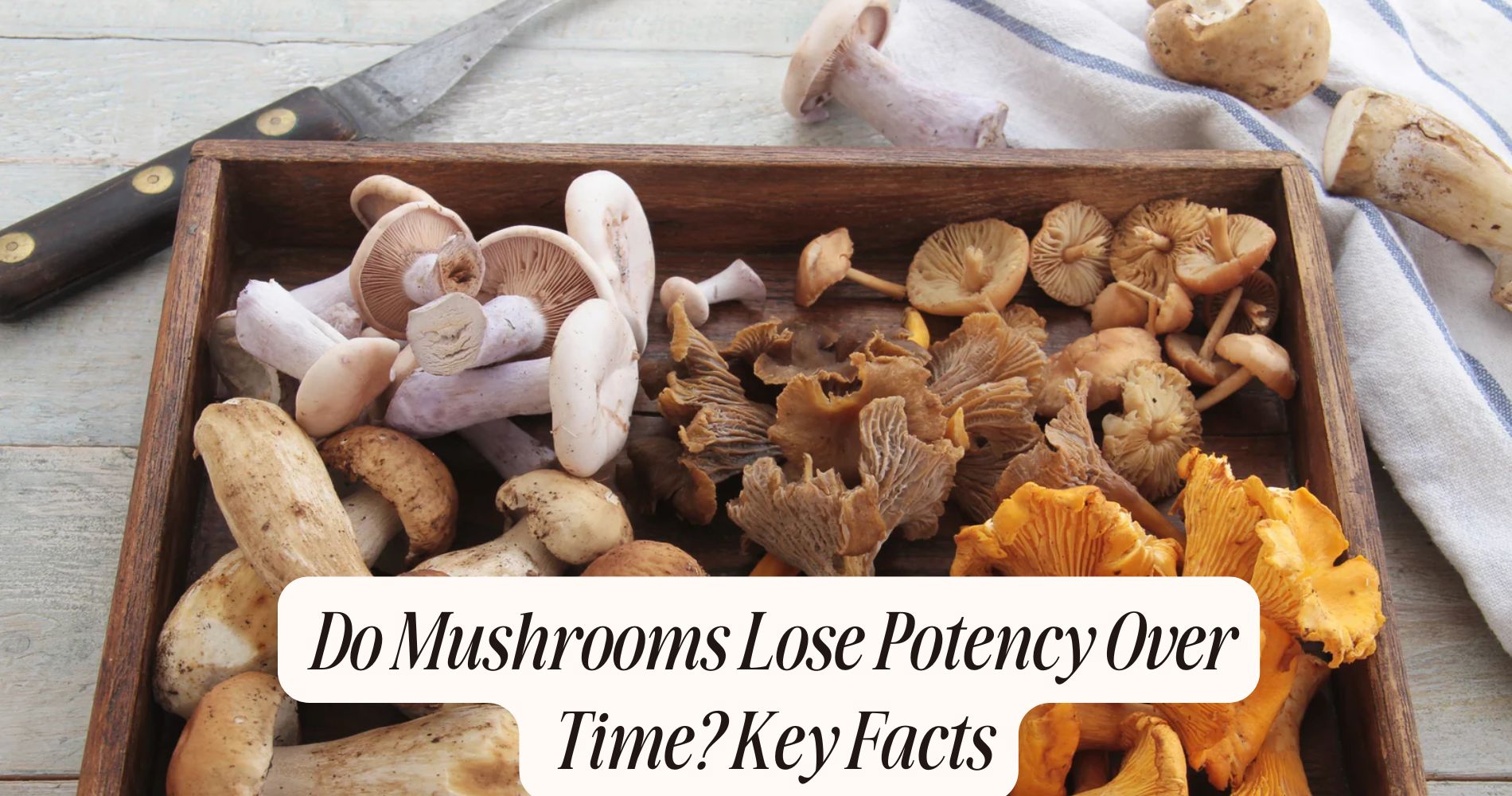
Does Reishi Mushroom Interact with Medications? 5 Important Info
Does reishi mushroom interact with medications? Reishi mushroom may interact with certain medications, so it's crucial to be cautious. Anticoagulants like warfarin can increase bleeding risks, while antiplatelet drugs may heighten blood-thinning effects. Additionally, its immune-boosting properties can counteract immunosuppressants. If you take liver-metabolized medications, their effectiveness could change. Mild digestive issues or allergic reactions are possible side effects. Always consult your healthcare provider before using reishi to discuss your current medications and any potential risks. Understanding these interactions helps promote your safety and well-being. There's more valuable information that can guide you in making informed choices about reishi.
Overview of Reishi Mushroom
Reishi mushroom, often dubbed the "mushroom of immortality," has gained significant attention for its potential health benefits. This remarkable fungus has been used in traditional medicine for centuries, particularly in Asian cultures, where it's prized for its ability to promote longevity and overall wellness.
You might find it intriguing that reishi is believed to enhance your immune system, reduce stress, and improve sleep quality.

Traditionally, practitioners have utilized reishi in various forms, from teas to powdered extracts, aiming to harness its therapeutic properties. You can incorporate reishi into your routine in several ways, such as adding it to smoothies or taking it as a supplement. Many people report feeling more balanced and energized when they include reishi in their diet.
While the science around its efficacy continues to expand, the historical uses of reishi offer compelling insight into why it's become a popular choice among health enthusiasts.
Common Medications Affected
Several common medications can interact with reishi mushroom, potentially altering their effectiveness or increasing the risk of side effects. If you're taking anticoagulants like warfarin, you should be cautious. Reishi can enhance the blood-thinning effects, leading to an increased risk of bleeding.
Similarly, if you're on antiplatelet medications, such as aspirin, combining them with reishi could heighten this effect.
Another area of concern is immunosuppressants. If you're using these medications to manage autoimmune conditions or after organ transplants, reishi might stimulate your immune system, counteracting the intended effects of your treatment.
Additionally, medications metabolized by the liver, including certain antidepressants and statins, can experience altered effectiveness due to drug interactions with reishi. This happens because reishi can influence the enzymes responsible for breaking down these medications.
Always discuss the use of herbal supplements like reishi with your healthcare provider, especially if you're on any of these common medications. They can help you navigate potential interactions and guarantee your treatment remains safe and effective.
Potential Side Effects
When considering the use of reishi mushroom, it's significant to be aware of potential side effects that might arise. While many people enjoy the health benefits of reishi, its history as a medicinal mushroom also comes with some risks.
You might experience mild digestive issues, such as upset stomach or diarrhea, particularly if you're new to taking it or consume it in large amounts.
Additionally, some users report allergic reactions, which may manifest as skin rashes or itching. It's vital to monitor your body's response when trying reishi for the first time.

If you have a bleeding disorder or are taking anticoagulant medications, reishi could increase the risk of bleeding.
Moreover, if you're pregnant or breastfeeding, it's wise to consult a healthcare provider before adding reishi to your routine.
Though reishi benefits are widely acknowledged, it's important to approach this mushroom with caution. Understanding the potential side effects can help you make informed choices and guarantee your health and safety while enjoying the advantages of this ancient remedy.
Recommended Dosage Guidelines
Understanding the recommended dosage guidelines for reishi mushroom is essential for maximizing its benefits while minimizing potential risks. The ideal intake can vary based on the dosage forms you choose, such as capsules, powders, or extracts. Typically, a common dosage ranges from 1,000 to 2,000 mg per day for dried reishi mushroom.
If you're using a concentrated extract, the dosage may be lower, often around 100 to 400 mg daily.
To determine the best dosage for you, consider your health goals and any existing health conditions. Start with a lower dosage to see how your body reacts, then gradually increase if needed. This approach helps you find the ideal intake without overwhelming your system.
Also, keep in mind that individual responses can differ. Factors like age, weight, and overall health can influence how your body processes reishi mushroom.
Always pay attention to how you feel after taking it, as this can guide your dosage adjustments. By adhering to these guidelines, you can enjoy the potential benefits of reishi while reducing the risk of side effects.
Consulting With Healthcare Professionals
Consulting with healthcare professionals is essential before adding reishi mushroom to your wellness routine. They can provide valuable insights tailored to your specific health needs and circumstances.
Engaging in open healthcare communication allows you to discuss any medications you're currently taking, ensuring that you understand potential interactions.

Reishi mushroom may influence the effectiveness of certain medications, particularly those affecting blood sugar, blood pressure, or liver function. By discussing your current medication management with your healthcare provider, you can mitigate risks and explore how reishi might fit into your regimen safely.
Be honest about your health history and any supplements you're considering. This transparency helps your provider make informed recommendations.
They may also suggest monitoring strategies or adjustments to your medication if needed.
Frequently Asked Questions
Can Reishi Mushroom Affect Blood Sugar Levels?
Reishi mushroom might affect blood sugar levels by improving insulin sensitivity. If you're considering using it, monitor your blood sugar closely, as its effects can vary among individuals and may influence your overall management.
Is Reishi Mushroom Safe for Pregnant Women?
Reishi mushrooms can offer various benefits, but safety concerns arise for pregnant women. You should consult your healthcare provider before using them to guarantee both you and your baby remain healthy throughout your pregnancy.
Can I Take Reishi With Herbal Supplements?
You can take Reishi with herbal supplements, but be cautious. Herbal compatibility varies, and supplement interactions may occur. Always consult a healthcare professional to ascertain safety and effectiveness when combining different supplements for your health needs.
Does Cooking Reishi Mushrooms Reduce Their Effectiveness?
Cooking reishi mushrooms can impact their potency. Certain cooking methods, like simmering, might enhance their bioavailability, while others could diminish their effectiveness. It's crucial to choose your cooking techniques wisely to maintain maximum mushroom potency.
How Long Does Reishi Take to Show Effects?
You'll typically notice Reishi's benefits after consistent use over two to four weeks, depending on your Reishi dosage. Stay patient; the effects may vary, but many find improved wellness and relaxation with regular consumption.
Conclusion
In summary, while reishi mushroom offers potential health benefits, it can interact with certain medications, leading to unwanted side effects. Always be cautious and consult your healthcare professional before adding it to your regimen, especially if you're on medication. They can help you determine the right dosage and guarantee your safety. Remember, your health is a priority, so don't hesitate to ask questions and stay informed about any supplements you're considering.




